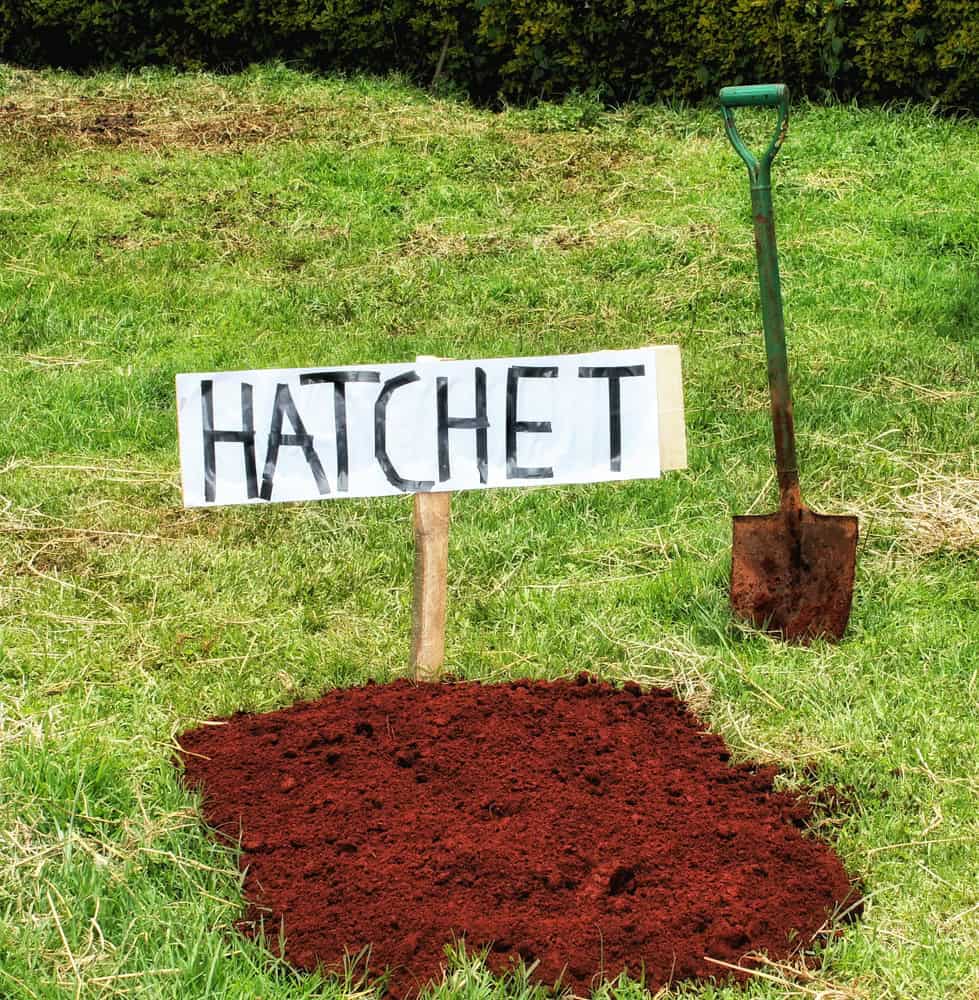Have you ever wondered where some of the most common sayings we use every day come from? Many of these phrases have bizarre and intriguing origins that have been lost over time. In this article, we’ll explore the fascinating stories behind 19 famous sayings, uncovering the unexpected and often weird histories that have shaped their meanings today.
“Butter someone up”

This saying means to flatter someone to gain favor. Its origin traces back to an ancient Indian custom where people would throw balls of butter at statues of gods to seek their favor. Over time, this practice morphed into the idea of “buttering up” a person with praise.
“Cat got your tongue?”

This phrase is used when someone is at a loss for words. Its origin is somewhat sinister, dating back to ancient Egypt. It is believed that liars and blasphemers’ tongues were cut out and fed to cats. Another theory is that it comes from the cat-o’-nine-tails, a whip used by the English Navy, which would render victims speechless due to the pain.
“Saved by the bell”

Commonly used to describe a last-minute rescue from a difficult situation, this phrase originated from the practice of tying a string to a coffin connected to a bell. If the person buried was still alive, they could ring the bell, hence being “saved by the bell.”
“Pulling someone’s leg”

This saying means to tease someone. It has a grim origin, as it is believed to have come from the practice of thieves tripping people by pulling their legs to rob them while they were down.
“Let the cat out of the bag”

This phrase, meaning to reveal a secret, comes from a marketplace scam. Farmers selling piglets would sometimes place a cat in the bag instead of a pig. When the cat was let out, the scam was revealed.
“Bite the bullet”

To “bite the bullet” means to endure a painful experience. In the days before anesthetics, soldiers were given a bullet to bite on during surgery to help them cope with the pain.
“Caught red-handed”

Meaning to be caught in the act of doing something wrong, this phrase has its origins in Scotland. It referred to people being caught with blood on their hands after committing murder or poaching.
“Close, but no cigar”

This saying, used to denote a near miss, comes from early carnival games. Winners were often awarded cigars. If someone came close to winning but didn’t succeed, they would hear, “Close, but no cigar.”
“Riding shotgun”

Referring to the passenger seat next to the driver, this term originates from the Wild West. Stagecoach guards would sit beside the driver with a shotgun to protect against bandits.
“Cold feet”

Used to describe a loss of confidence, particularly before a significant event, this phrase might come from a military term. Soldiers with frostbitten feet were often unable to continue fighting.
“Break the ice”

Meaning to initiate conversation in a social setting, this phrase comes from the practice of ice-breaking ships that create a path through frozen waters for other ships.
“Cost an arm and a leg”

This phrase means something is very expensive. It is believed to come from the world of art, where portraits were cheaper if they depicted only the head and shoulders rather than the whole body, including arms and legs.
“Kick the bucket”

This phrase means to die. One possible origin is from the method of suicide by hanging, where a person would stand on a bucket and kick it away to hang themselves.
“Mad as a hatter”

Describing someone as crazy, this phrase originates from the 18th and 19th centuries when hat makers used mercury in the hat-making process. Prolonged exposure led to mercury poisoning, causing symptoms such as tremors and personality changes, making them appear mad.
“Under the weather”

Meaning to feel ill, this phrase has nautical origins. Sailors who felt unwell would be sent below deck to recover, away from the harsh weather conditions above.
“Hands down”

Used to describe an easy victory, this phrase comes from horse racing. A jockey who was so far ahead could drop his hands and loosen the reins, signaling an effortless win.
“Bury the hatchet”

This saying means to make peace. It originates from a Native American practice where tribes would bury their weapons to signify the end of hostilities and the beginning of peaceful relations.
“Let your hair down”

Meaning to relax, this phrase dates back to the time of the French aristocracy. Women would let their hair down from the elaborate styles and wigs they wore in public when they were at home and could relax.

This phrase means an impending doom or disaster. It originates from the biblical story of Belshazzar’s feast, where a mysterious hand wrote on the palace wall, predicting the fall of the Babylonian empire.
This article originally appeared on Rarest.org.
More From Rarest.Org
The universe is a vast and mysterious place, full of wonders that challenge our understanding and ignite our imagination. From the mind-boggling concept of time dilation to the astonishing fact that there are more stars in the cosmos than grains of sand on Earth, space is teeming with phenomena that are both fascinating and bewildering. Read more.
Creating a vibrant and captivating aquarium involves more than just adding colorful fish. For enthusiasts seeking something truly unique, rare tropical fish offer an extraordinary experience. Read more.
Europe is home to some of the most stunning and historically significant castles, many of which are shrouded in ghostly legends and eerie tales. These ancient fortresses, with their dark dungeons, secret passages, and tragic histories, have become hotspots for paranormal enthusiasts and history buffs alike. Read more.



